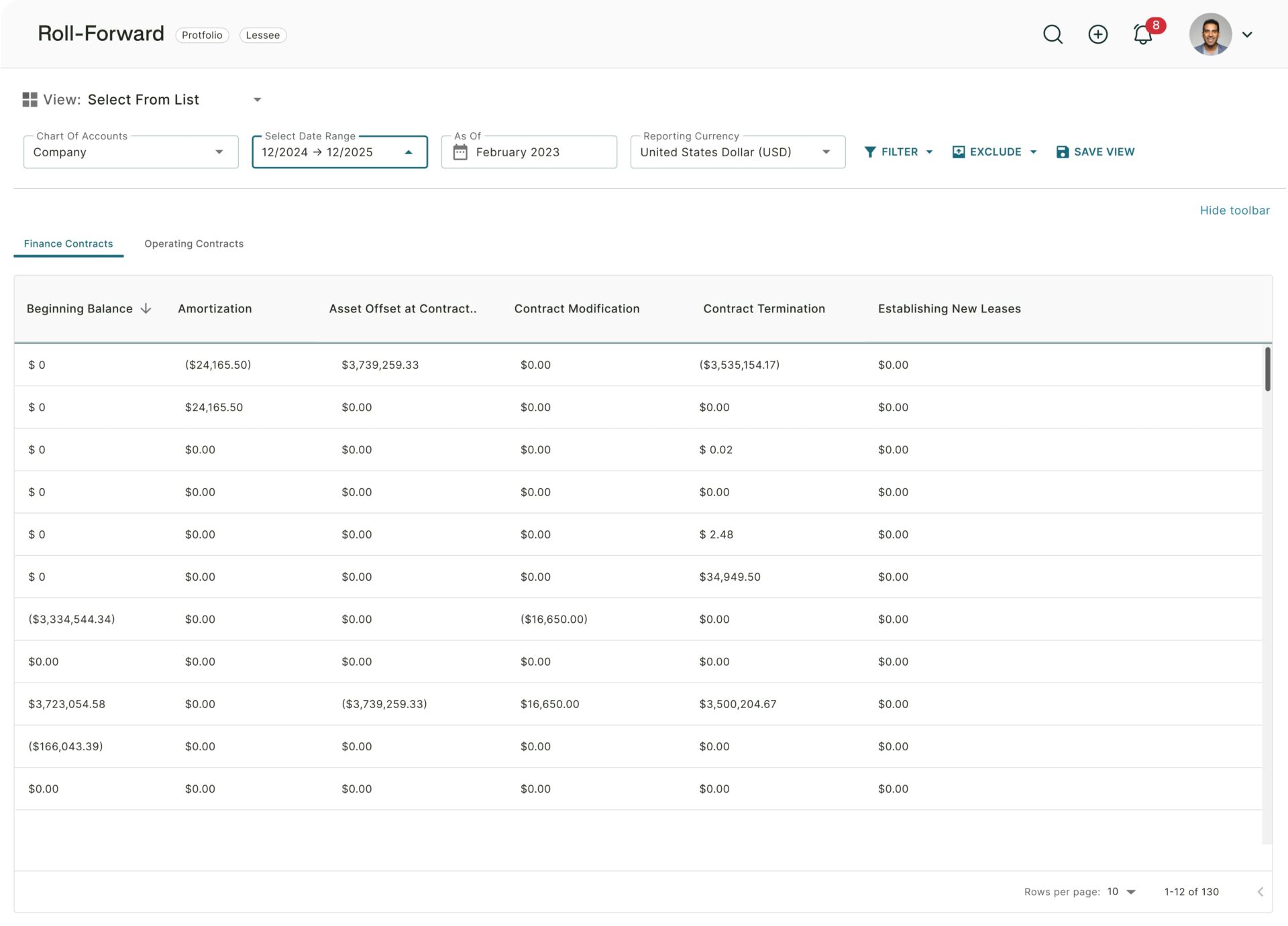And you thought accounting was about numbers
When many people think about accounting – including accountants themselves before they get into the profession – they logically assume that accounting is almost completely quantitative, that it’s all about numbers.
It’s only once someone is truly exposed to the entirety of the profession that there is this realization that accounting is extremely qualitative, and is becoming even more so.
Recent hot button issues and new accounting standards emphasize this point. ESG (Environmental, Social and Governance) principles, ASC 606 on Revenue Recognition, and ASC 842 on Leases, for example, all require significant judgments and estimates.
These “gray areas” are a far cry from the black and white nature of what is perceived when people think about accounting.
Suddenly terms and concepts such as “reasonable certainty,” “performance obligations,” “judgments,” and “estimations” are all being used by accountants when compiling financial reports.
The nature of accounting is changing, heralding a new era for all stakeholders – from controllers and CFOs to auditors, consultants, and, of course, users of financial statements.
Complexity and the role of the ERP
What all these new standards and issues have in common, is transparency. After a number of accounting scandals, regulators rightly want more transparency. To achieve this however, accounting teams are faced with more complexity, more estimation, and more judgment calls.
Accounting has traditionally been relatively straightforward. Debits, credits, everything balances, we’re good. Of course there have always been more complex transactions, but this wasn’t an overall issue affecting accounting in general.
With this situation, the ERP was the perfect tool to handle financial accounting. Stable, all-encompassing, it did the job. Out of interest, this innovation – and an innovation it was – was driven by accountants, who, contrary to popular belief, are actually very often early adopters and drivers of change.
So the ERP is great, and it does what’s necessary when it comes to the traditional accounting issues. But with complexity piling on as new regulations and standards are introduced, the ERP as a concept just isn’t equipped to handle this rising complexity piling up outside the ERP itself.
Trends in accounting
Which leads us to take a more zoomed out view of the macro trends that are shaping the way accounting is heading.
Database
This is where it all started. The concept of a database, and having information that was easily accessible and classified, was revolutionary, and underpins many modern products even today.
Cloud
The move to the cloud, including such concepts and Software as a Service (SaaS), has completely changed the way organizations tackle different challenges. Going back to the ERP example, in the past implementing such software was a herculean process, requiring tremendous resources.
Today, SaaS products like Trullion can be added with the click of a button. This has put a tremendous amount of power in the hands of controllers and CFOs for example, who can now use specialized tools to address significant challenges, without the overhead previously required.
AI
AI used to be a scary term, evoking imagery of computers taking over and running amok. Today, we take advantage of AI in just about everything we do. Taking this a step further, accountants will start using AI much more; for example, technologies like Natural Language Processing (NLP) will be able to extract key, auditable information from Board meetings or emails.
Optical Character Recognition (OCR) is already being used by cutting edge companies like Trullion to identify text from images, and auto scan documents for key information.
Collaboration
Collaboration tools have changed the way we work. And here, “we” means just about everyone. Jira, Slack, Teams – these platforms have changed the way that work happens. This trend has been accelerated by COVID-19, as the “work from anywhere” culture has been shown to be highly effective in many cases, though requiring the right communication and collaboration platforms.
Low code/no code
Here, technologies have been created that puts the power of code-like creativity in the hands of anyone. No longer will accountants, for example, have to wait for developers to customize something for different client types – they will be able to do so themselves.
A new era
All of these trends together – along with many others – are leading us to a new era in accounting, one which we call “The era of the accounting platform.”
The ERP is important, but the ERP is static, a legacy product. New accounting platforms are plugging into the ERP and offering the best of cloud, the best of AI, the best of collaboration, the best of no code, and so on.
Take the way that Trullion has changed the way that all these stakeholders collaborate. First of all, there’s the power of the product itself and its ease of use within the ERP. It’s taken all the complexity from new standards like ASC 842 and lifted it off the shoulders of the accounting team.
Then, it’s given access to key stakeholders, enabling seamless communication and collaboration with company leadership, auditors, consultants and others.
Auditors are using Trullion as a managed service for their clients, something that couldn’t have existed in the past.
And perhaps most excitingly of all, real-time, constant auditing has finally become a reality. After all, squeezing an entire audit into a few weeks is becoming not only impossible, but dangerous.
Now, many aspects of the audit can take place over the year. Let’s take Rev Rec for example. The client signs a big contract and loads it into Trullion.
The Auditor gets an alert and they can go analyze that contract. The client has a question: “How should I treat this revenue?”
The Auditor now gives the client guidance on how to treat the revenue. The client agrees, and approves this treatment.
Previously, that contract would have been audited in April. The Auditor might have disagreed with the approach, or recommended another approach to the contract that was signed the previous August. What would ensue is massive changes, stress, doubt and uncertainty, not to mention increasing pressure as the reporting deadline approached.
This is ground-breaking, and we’re excited to be at the cutting edge of it.
Accounting: a glimpse into the future
There are some structural challenges facing the accounting profession. There is a noted drop in the number of new entrants into the profession, for example.
And do you blame them? Business has moved on, and yet in many areas, accountants and auditors are stuck using old technologies and old methodologies.
For a generation that has grown up with Uber, Slack, and iMessage, we need to offer similar tools when it comes to the next generation of accountants – for them, and for all of us.
This shift is exemplified by the change to a more qualitative approach to accounting. Gone are the days of simple numbers, as tomorrow’s accountants will be faced with an ever increasing number of qualitative issues. Hopefully, we can provide them with the tools to meet these challenges.
In many ways, these challenges have given us an opportunity to evaluate the core values of the business, and apply technology to close the gap. At Trullion, this is something we’re working on every day.





